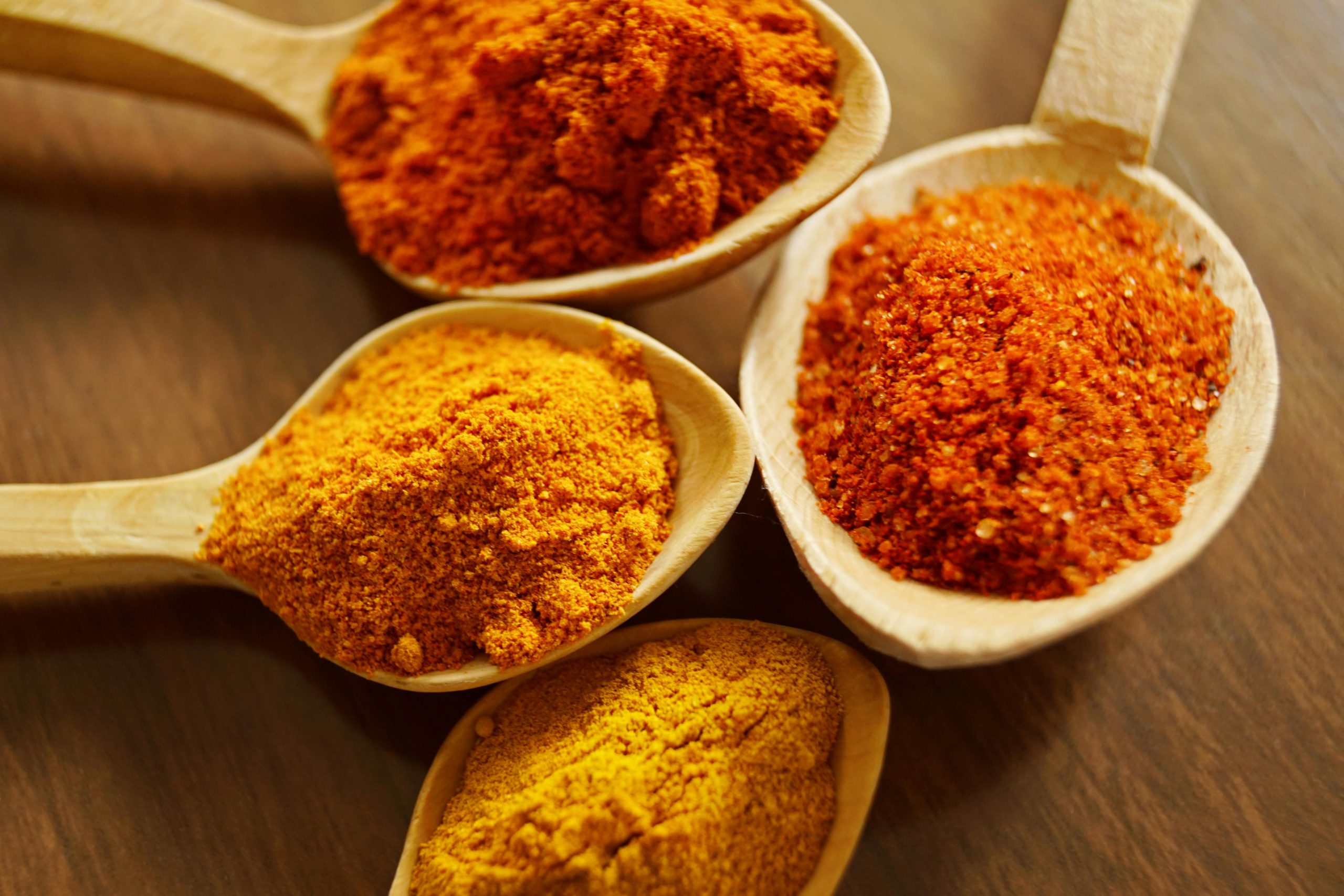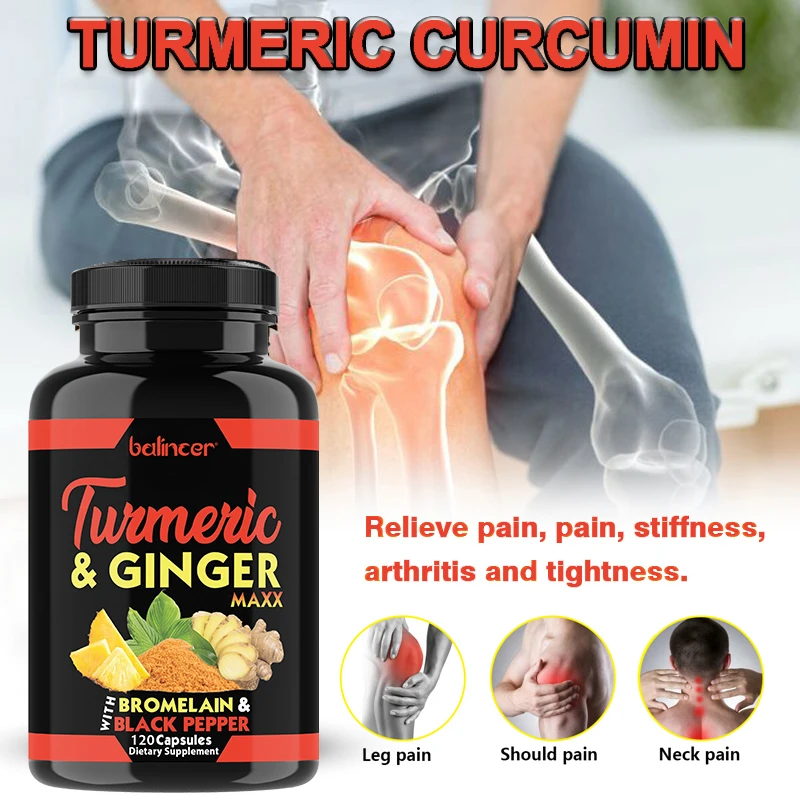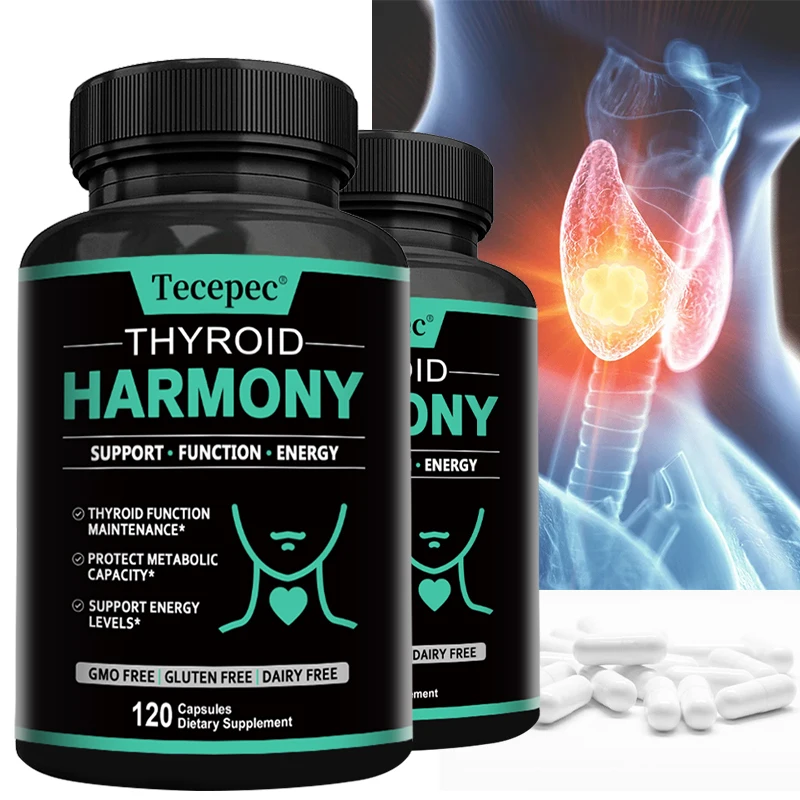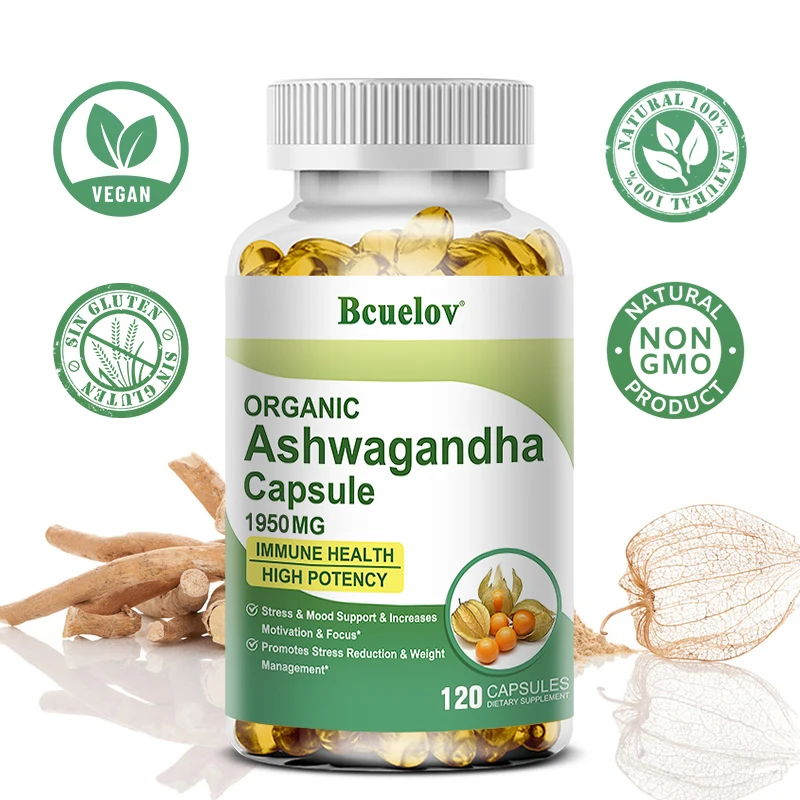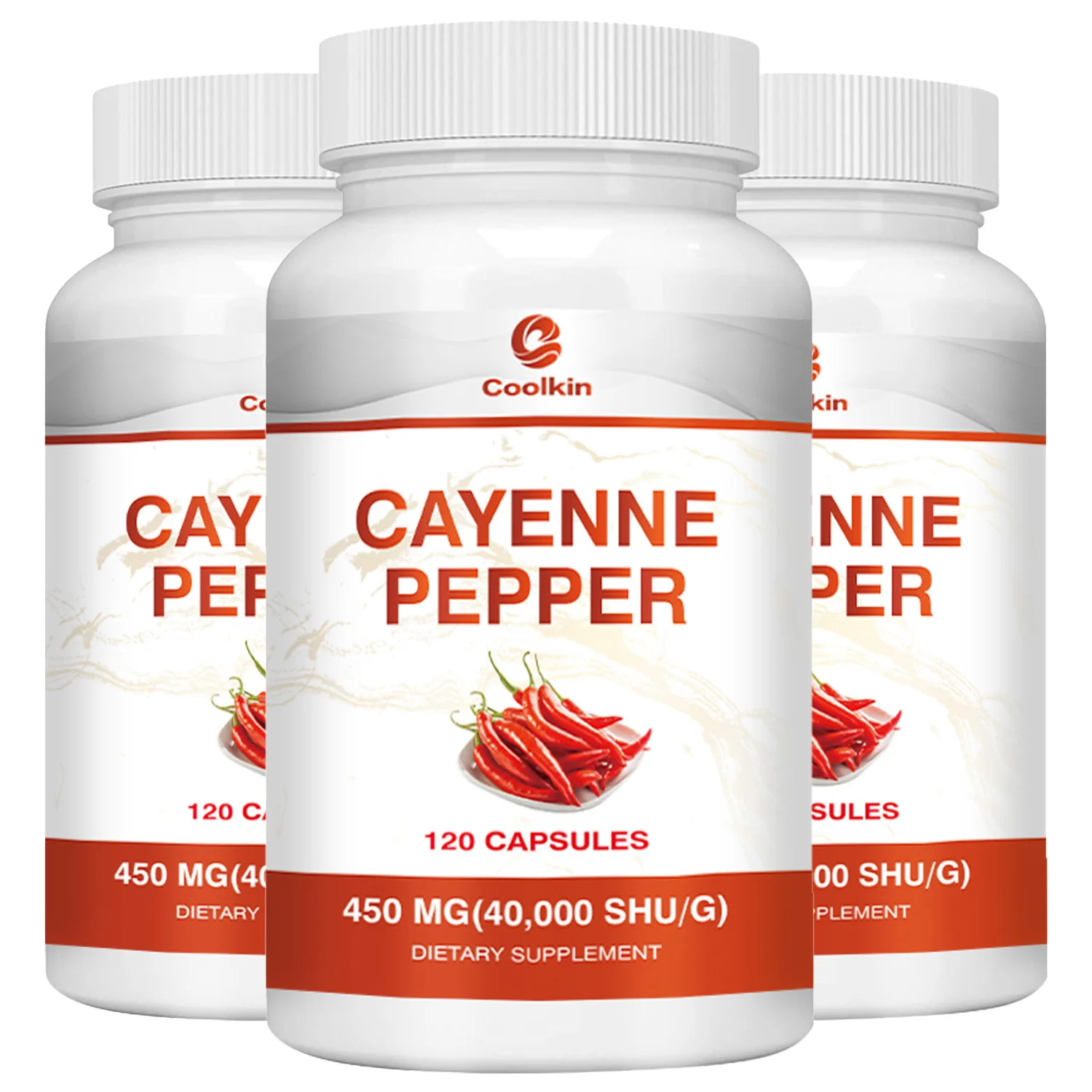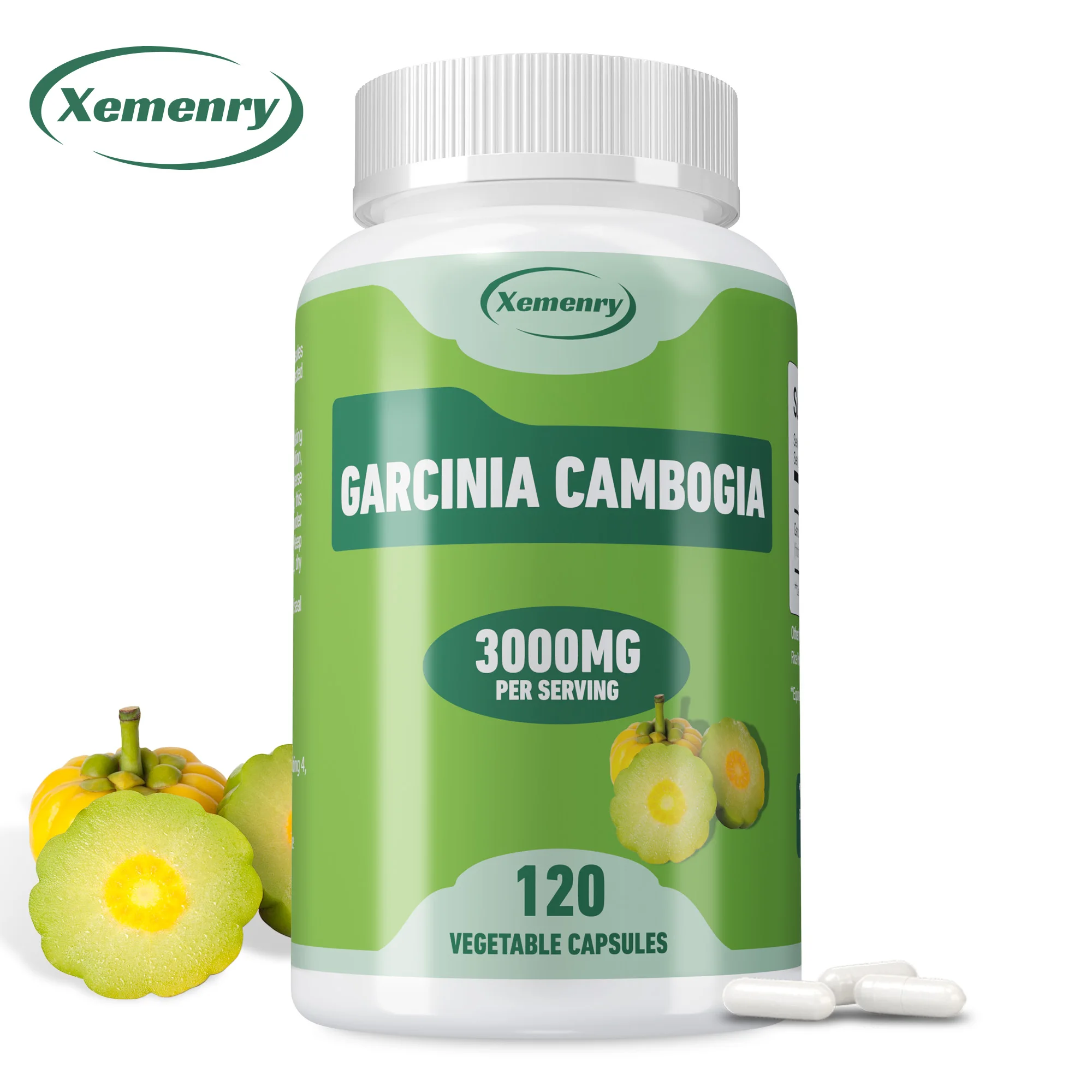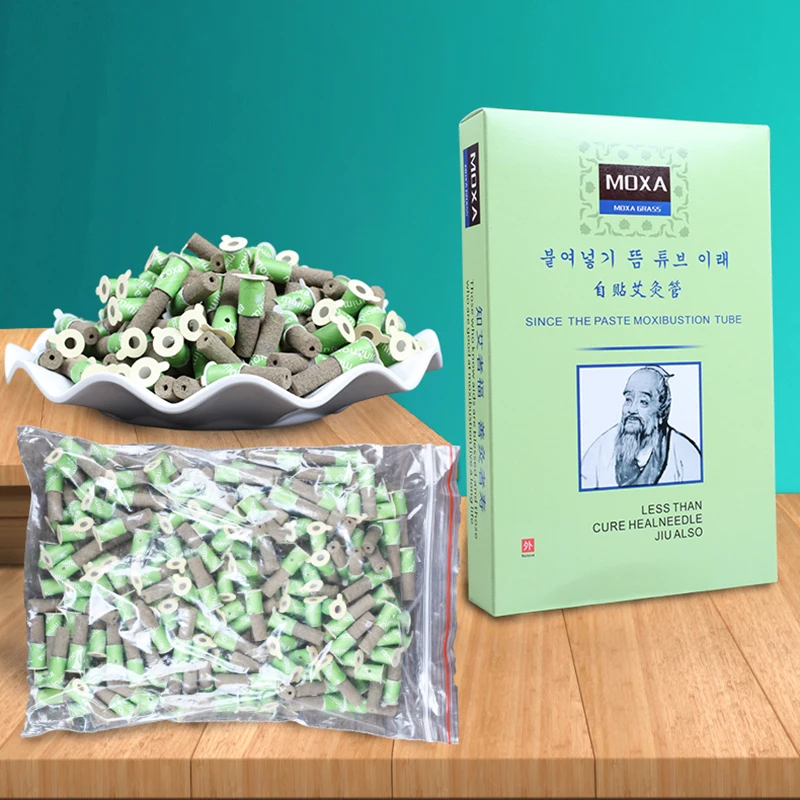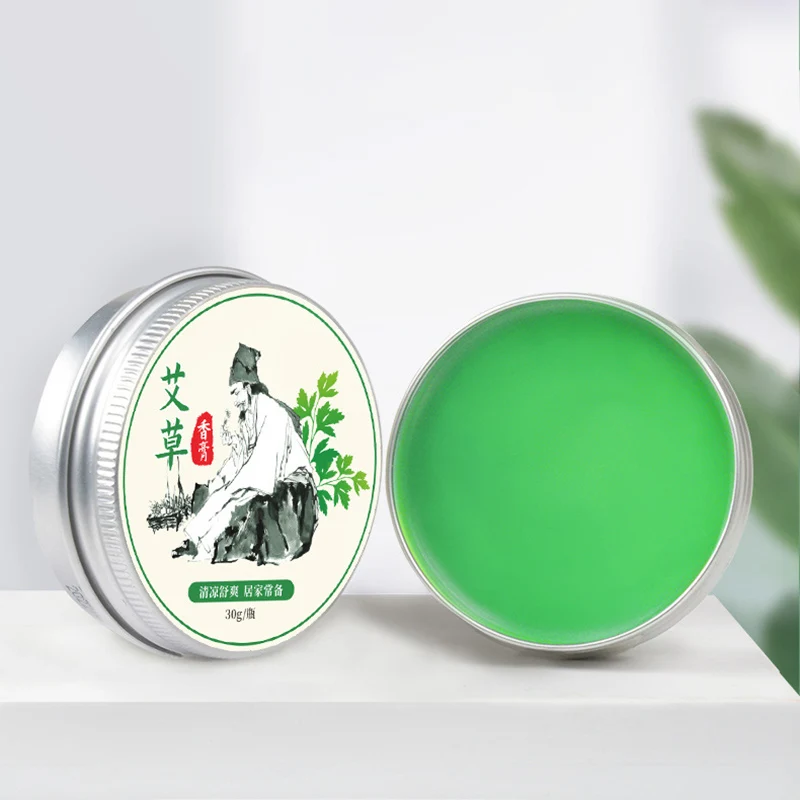For centuries, turmeric has been celebrated as one of the most versatile and powerful natural remedies in traditional medicine. Known for its vibrant yellow hue, distinct flavor, and potent health benefits, turmeric has earned its place as a culinary and therapeutic marvel. This blog delves deep into the history, uses, and health benefits of turmeric, exploring why this golden spice continues to captivate modern science and traditional practices alike.
A Brief History of Turmeric
Turmeric (Curcuma longa) is a flowering plant of the ginger family, Zingiberaceae, native to Southeast Asia. Its rhizome, or underground stem, is ground into the yellow powder commonly used in cooking and medicine. Historical records trace turmeric’s use back over 4,000 years to the Vedic culture in India, where it was revered for its culinary, medicinal, and spiritual properties.
In Ayurveda, India’s traditional system of medicine, turmeric is known as “Haridra” and is considered a symbol of prosperity. It was used to treat a range of ailments, from respiratory issues to skin conditions. Similarly, Traditional Chinese Medicine (TCM) embraced turmeric for its ability to stimulate blood circulation and reduce inflammation.
In modern times, turmeric has gained global recognition, not only as a spice that enhances dishes but also as a potent health supplement.
The Active Compound: Curcumin
The primary bioactive compound in turmeric is curcumin, a polyphenol that gives turmeric its yellow color and most of its health benefits. Curcumin is celebrated for its anti-inflammatory, antioxidant, antimicrobial, and anticancer properties. However, curcumin’s bioavailability—its ability to be absorbed and utilized by the body—is relatively low. To counter this, researchers and health enthusiasts recommend combining turmeric with black pepper, which contains piperine, a compound that enhances curcumin absorption by up to 2,000%.
Culinary Uses of Turmeric
1. A Staple in Global Cuisines
Turmeric is an essential ingredient in many cuisines worldwide. In Indian cooking, it’s a cornerstone of spice blends like curry powder and masalas. In Southeast Asia, turmeric enriches dishes such as rendang and satay. Beyond Asia, turmeric is used to flavor and color mustards, soups, rice, and beverages.
2. Golden Milk (Turmeric Latte)
Golden milk, a mixture of warm milk and turmeric with spices like cinnamon and ginger, has become a global health trend. It’s praised for its soothing effects and potential to reduce inflammation and improve sleep quality.
3. Turmeric Tea
Turmeric tea is another popular way to incorporate this spice into daily life. Often combined with honey, lemon, and black pepper, this herbal tea is believed to boost immunity and digestion.
Turmeric in Medicine and Health
1. Anti-Inflammatory Effects
Chronic inflammation is linked to numerous diseases, including arthritis, diabetes, heart disease, and Alzheimer’s. Curcumin has been extensively studied for its ability to reduce inflammation at a molecular level by blocking certain inflammatory pathways. This makes turmeric an effective natural remedy for conditions like osteoarthritis and rheumatoid arthritis.
2. Antioxidant Powerhouse
Oxidative stress, caused by free radicals, contributes to aging and chronic diseases. Turmeric’s curcumin is a potent antioxidant that neutralizes free radicals and boosts the body’s own antioxidant enzymes, providing double protection against oxidative damage.
3. Support for Brain Health
Curcumin may cross the blood-brain barrier and has been shown to increase brain-derived neurotrophic factor (BDNF), a growth hormone crucial for brain function. This has led researchers to explore turmeric’s potential in preventing or delaying neurodegenerative diseases like Alzheimer’s and improving memory and mood.
4. Cardiovascular Benefits
Heart disease is the leading cause of death worldwide. Turmeric’s anti-inflammatory and antioxidant properties help improve endothelial function (the lining of blood vessels), regulate blood pressure, and reduce the risk of heart disease.
5. Digestive Health
Turmeric has long been used to alleviate digestive issues. Its anti-inflammatory properties may help manage conditions like irritable bowel syndrome (IBS) and inflammatory bowel disease (IBD). Turmeric also stimulates bile production, aiding fat digestion.
6. Skin Benefits
Turmeric’s antimicrobial and anti-inflammatory properties make it a popular ingredient in skincare. It’s used to treat acne, eczema, and other skin conditions. Many people create DIY face masks using turmeric for its ability to brighten skin and reduce scarring.
7. Immune Support
Turmeric’s immune-boosting properties stem from its antioxidant and anti-inflammatory effects. Regular consumption of turmeric may enhance the body’s ability to fight infections and reduce the severity of illnesses.
8. Cancer Prevention
Emerging research suggests that curcumin may help prevent the growth of certain types of cancer by inhibiting tumor growth and metastasis. While more human studies are needed, turmeric’s potential as a complementary therapy is promising.
How to Incorporate Turmeric into Your Life
1. Cooking
Add turmeric to your meals, soups, and smoothies. A pinch of black pepper enhances its effectiveness.
2. Supplements
For those seeking higher doses of curcumin, turmeric supplements are available in various forms, including capsules and powders. Look for products with piperine for better absorption.
3. DIY Skincare
Mix turmeric with honey, yogurt, or aloe vera for a natural face mask. Be cautious, as turmeric can stain skin temporarily.
4. Beverages
Try turmeric-infused drinks like golden milk, turmeric tea, or smoothies to enjoy its benefits in a flavorful way.
Precautions and Side Effects
While turmeric is generally safe, excessive consumption may lead to side effects, including:
- Gastrointestinal Issues: High doses may cause stomach upset or diarrhea.
- Allergic Reactions: Rare but possible.
- Blood Thinning: Turmeric may slow blood clotting, so individuals on anticoagulants should consult a healthcare provider.
- Pregnancy and Breastfeeding: Moderate dietary use is safe, but supplements should be avoided unless advised by a doctor.
The Future of Turmeric Research
Despite its ancient roots, turmeric remains a focus of modern research. Scientists are exploring advanced delivery methods to improve curcumin’s bioavailability, such as liposomal and nanoparticle formulations. Additionally, studies continue to investigate its potential in treating chronic diseases and its role in personalized medicine.
Final Thoughts
Turmeric’s journey from ancient remedy to modern superfood is a testament to its remarkable versatility and efficacy. Whether used in cooking, medicine, or skincare, turmeric offers a plethora of benefits that make it a worthy addition to your daily routine. As science continues to unveil its secrets, one thing remains clear: turmeric is more than just a spice—it’s a golden key to better health.

